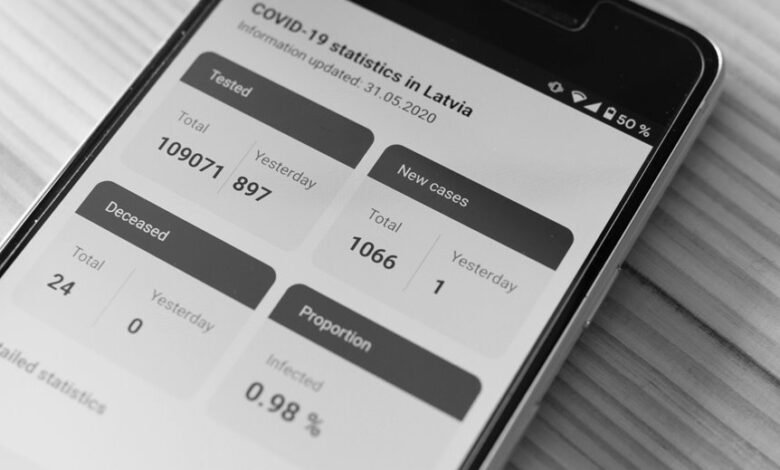06-3905-3193 Number Tracing: Investigating Regional Networks

The study of “06-3905-3193 Number Tracing” reveals significant regional variations in educational methodologies. These differences impact cognitive development and community dynamics among young learners. By analyzing the interplay between tracing techniques and local networks, one can identify patterns that foster social cohesion and resource sharing. This raises critical questions about how tailored educational strategies can enhance outcomes. What implications do these findings hold for future educational frameworks?
The Basics of Number Tracing
Number tracing serves as a foundational skill in early childhood education, particularly in the development of numeracy.
Various number formats are introduced through tracing techniques, enabling children to recognize and replicate digits accurately.
By mastering these skills, children cultivate essential cognitive abilities, enhancing their understanding of quantities and mathematical concepts.
Ultimately, effective number tracing lays the groundwork for future academic success in mathematics.
Uncovering Regional Patterns
The exploration of number tracing reveals interesting regional patterns in educational approaches and outcomes.
Analysis of geographic distribution indicates variations in call patterns that correlate with differing educational strategies.
These patterns underscore the influence of regional characteristics on learning methodologies and results.
Understanding these connections can provide valuable insights into optimizing educational frameworks tailored to specific geographic contexts, enhancing overall effectiveness and engagement.
The Impact of Networks on Communities
While networks play a crucial role in shaping community dynamics, their impact extends beyond mere connectivity to influence social cohesion, resource distribution, and collaborative initiatives.
Enhanced community engagement emerges through improved social connectivity, fostering trust and cooperation among residents.
Networks facilitate the sharing of resources and information, empowering communities to address local challenges effectively and promote collective well-being, ultimately enriching the community experience.
Future Directions in Number Tracing Research
Advancements in digital technology and data analytics are shaping the future landscape of number tracing research.
Machine learning techniques promise enhanced accuracy in identifying patterns and anomalies within vast datasets.
However, as this research progresses, maintaining data privacy becomes critical.
Striking a balance between innovative methodologies and ethical considerations will determine the effectiveness and acceptance of number tracing initiatives in diverse communities.
Conclusion
In conclusion, the exploration of number tracing methodologies across diverse regions reveals a tapestry of educational intricacies, where every stroke of a pencil transcends mere numbers, weaving together the very fabric of community identity and cognitive prowess. The study underscores how regional networks act as colossal engines of social cohesion, propelling educational advancements to unprecedented heights. Future inquiries promise to unveil even more profound connections, potentially reshaping our understanding of early childhood education on a global scale.



